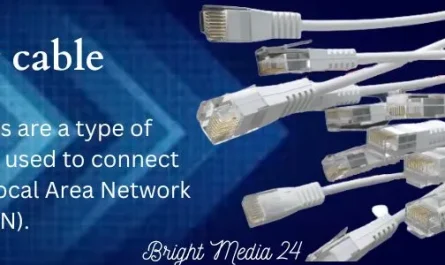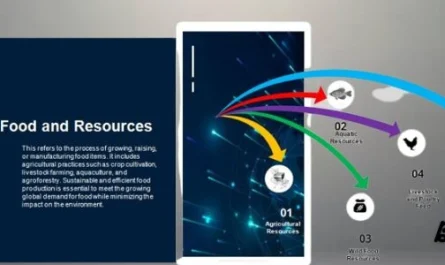The metaverse is a conceptual paradigm representing the transformation of the internet into a comprehensive and immersive virtual environment, achievable through the integration of virtual reality (VR) and augmented reality (AR) technologies. Although presently in its early developmental stages, the metaverse presents the potential to significantly redefine our daily lives, occupational landscapes, and recreational pursuits.
Here are some of the ways that the metaverse could change the world:
Socialization
The metaverse could make it easier for people to socialize with friends and family from all over the world, even if they are physically separated. People could meet up in virtual worlds to chat, play games, or attend events. The metaverse could also be a place to meet new people and make friends from all walks of life.
Work
The metaverse could also change the way we work. People could collaborate on projects with colleagues from all over the world, attend virtual meetings, and give presentations in a realistic and immersive way. The metaverse could also be used for training and development, providing employees with a safe and controlled environment to learn new skills.
Education
The metaverse could also revolutionize education. Students could learn in virtual worlds that are more engaging and interactive than traditional classrooms. They could also take classes from teachers all over the world, regardless of their physical location. The metaverse could also be used for field trips and other educational experiences that would be difficult or impossible in the real world.
Entertainment
The metaverse could also provide new and exciting forms of entertainment. People could play games, watch movies, and attend concerts in virtual worlds that are more immersive and realistic than anything we can experience today. The metaverse could also be used to create new forms of social entertainment, such as virtual parties and clubs.
Economics
The metaverse could also have a significant impact on the economy. It could create new jobs and industries, and it could also change the way we buy and sell goods and services. For example, people could shop in virtual stores and try on clothes and other items before they buy them. The metaverse could also be used to create new forms of digital currency and other financial instruments.
Healthcare
The metaverse could be used to provide remote healthcare services to people in rural or underserved areas. It could also be used to train healthcare workers and to create new forms of medical treatments. For example, surgeons could use VR to practice complex procedures before performing them on real patients.
Manufacturing
The metaverse could be used to design and test new products and to optimize manufacturing processes. It could also be used to train workers and to provide remote technical assistance. For example, engineers could use VR to design and test a new car before it is built.
Customer service
The metaverse could be used to provide customers with more personalized and immersive customer service experiences. For example, customers could visit a virtual store to try on clothes or to see how a piece of furniture would look in their home before they buy it.
Government
The metaverse could be used to improve government services and to make government more transparent and accountable. For example, citizens could use VR to attend virtual town hall meetings or to visit virtual government buildings.
Transportation
The metaverse could be used to develop new forms of transportation and to improve existing transportation systems. For example, people could use VR to take a virtual tour of a new city or to plan a trip before they book it.
Sustainability
The metaverse could be used to promote sustainability and to reduce our environmental impact. For example, people could use VR to visit virtual versions of national parks or historical sites instead of traveling to see them in person.
These are just a few examples of how the metaverse could change the world in the next 10 years. As the metaverse continues to develop, we can expect to see even more innovative and transformative applications.





